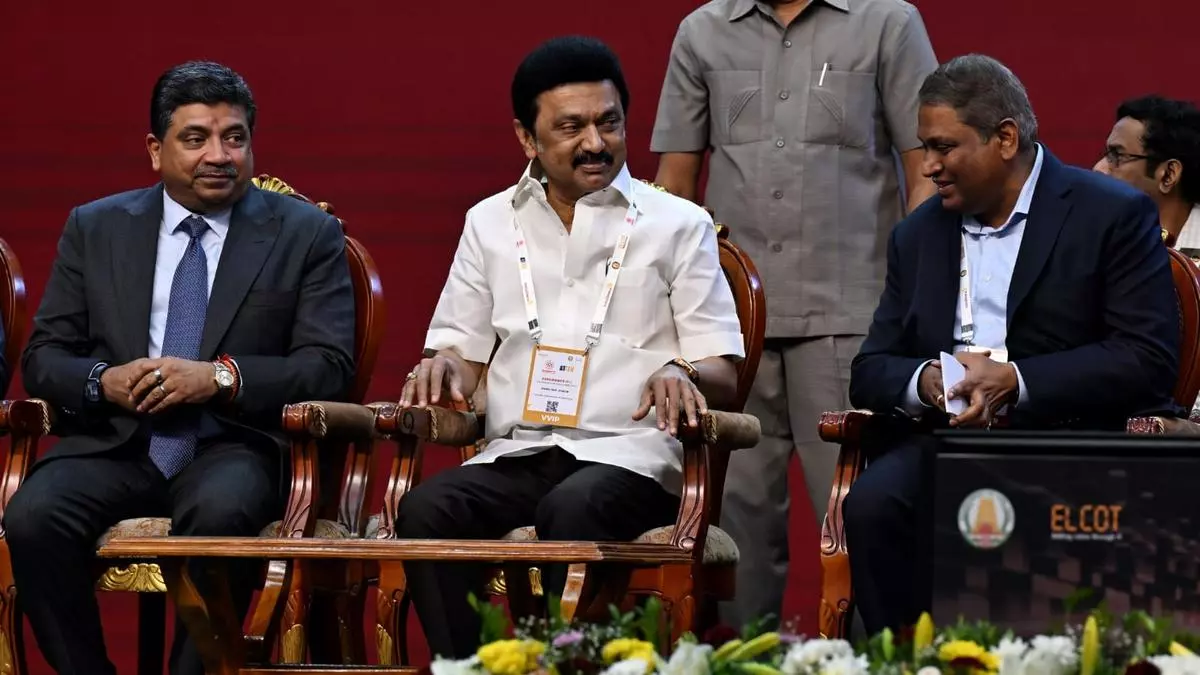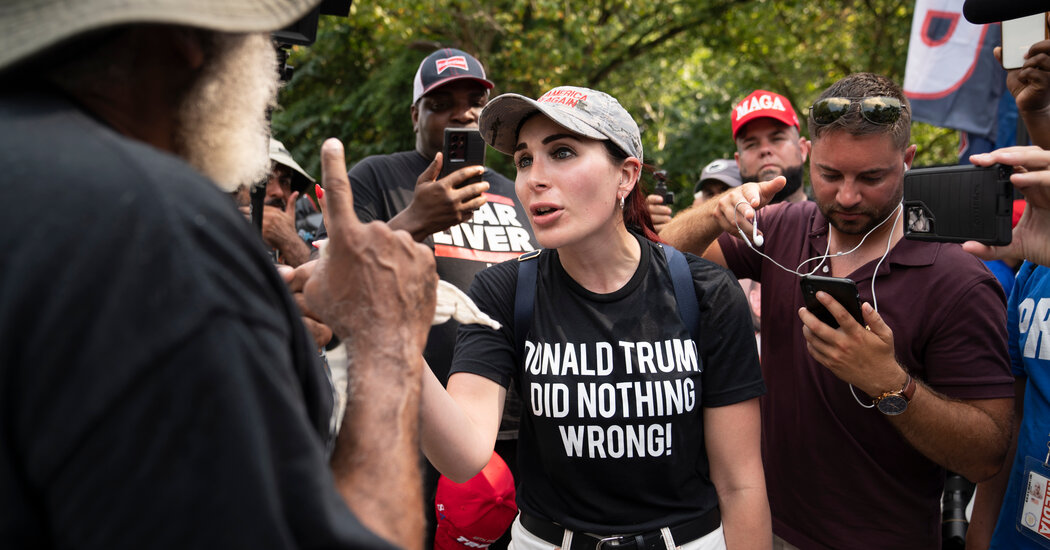RESEARCHERS EXPLORE MIRROR-LIFE ORGANISMS AND RISKS TO BIOSAFETY
Researchers are exploring the creation of mirror-life organisms, where biological molecules are mirror images of those in known life forms. These mirror organisms could include bacteria composed of mirror-image biomolecules like proteins and DNA, which would have reversed chirality compared to natural organisms. Though creating such life is a decade away and would require significant technological breakthroughs, its potential risks need careful consideration. Mirror bacteria could evade immune systems, potentially causing severe infections across humans, animals, and plants. They may spread rapidly, acting like invasive species, and resist natural predators and antibiotics. While biosafety measures like engineered biocontainment could be implemented, risks of accidental release or misuse remain. Researchers call for a global conversation about governance and risks, recommending restrictions on creating mirror bacteria and urging continued research on mitigating potential dangers without halting beneficial work. Ongoing debate is essential to prevent unintended consequences as technology progresses. (Science)
AARON SIRI CHALLENGES VACCINE POLICIES AMID PUBLIC HEALTH CONCERNS
Aaron Siri, the lawyer aiding Robert F. Kennedy Jr. in selecting federal health officials for the incoming Trump administration, has been actively challenging vaccine policies. Siri has petitioned to revoke the polio vaccine’s approval and to pause distribution of 13 other vaccines, including hepatitis B. He has also filed lawsuits against vaccine mandates and federal agencies, conducted extensive depositions of vaccine scientists, and pushed for greater transparency in vaccine approval processes. His work has raised concerns, especially as falling vaccination rates and rising disease cases have highlighted the importance of vaccines. Siri’s influence extends to his close partnership with Kennedy, who may become the next health secretary. Despite his claim that vaccines should be a personal choice, his petitions have sparked fear among public health leaders who worry about the spread of vaccine misinformation. Critics argue that his actions deepen vaccine hesitancy, threatening public health progress. (New York Times)
US CHINA SIGN FIVE-YEAR SCIENCE RESEARCH AGREEMENT AMID TENSIONS
The United States and China have signed a five-year agreement focused on basic science research collaboration, excluding critical and emerging technologies like AI and semiconductors. This narrower pact reflects a more symmetrical US-China relationship, with experts welcoming it as a way to continue scientific cooperation amid geopolitical tensions. The agreement, which renews a pact from 1979, was delayed due to rising tensions and expired in August 2023. It now includes provisions for transparency and data sharing, addressing concerns over China’s past non-compliance, such as regarding data from Wuhan’s virology lab. Both nations will vet research projects to avoid national security risks. The agreement lacks specifics on private and university collaborations, leaving these groups to seek further guidance. Experts view it as a pragmatic step forward, with a dispute-resolution mechanism and a termination clause if commitments are not met, though future uncertainty remains depending on the incoming US administration. (Nature)
IMF URGES EL SALVADOR TO REVERSE MANDATORY BITCOIN ADOPTION
El Salvador, which made history in 2021 by adopting bitcoin as legal tender, is now facing challenges to its ambitious crypto experiment. The International Monetary Fund (IMF) is urging the country to reverse the mandatory acceptance of bitcoin by businesses, proposing that its use become voluntary instead. This change is a condition for securing a $1.3 billion loan from the IMF, along with additional loans from the World Bank and the Inter-American Development Bank. Despite the IMF’s concerns over bitcoin’s volatility and its risks to financial stability, President Nayib Bukele’s government has accumulated nearly $600 million in bitcoin. However, the country’s bitcoin adoption has been limited, with minimal use of bitcoin in everyday transactions and only 20% of businesses accepting it. While the potential reversal would impact El Salvador’s crypto image, experts agree it would have little effect on global bitcoin markets. The country’s crypto push, seen as a failure, may influence other nations considering similar moves. (El Pais)

RARE CATCHES OF MEKONG GIANT CATFISH OFFER CONSERVATION HOPE
Six critically endangered Mekong giant catfish, some weighing over 130kg and measuring more than 2 meters long, have been caught and released in Cambodia, offering hope for the species’ survival. These massive fish, native to the Mekong River, have seen an 80% population decline due to overfishing, dam construction, and other environmental pressures. The recent catches, including two tagged fish, signal a potential recovery for the species. Researchers from the Wonders of the Mekong project, in collaboration with the Cambodian Fisheries Administration, have tagged and released around 100 of these fish in the past two decades to better understand their migration patterns. The Mekong giant catfish holds significant cultural value in the region and is part of a broader ecosystem with other rare species like the salmon carp and giant sting ray. The success of these recent catches emphasizes the importance of conservation efforts and local community involvement.(The Guardian)
NEW STUDIES REVEAL LATER NEANDERTHAL INTERBREEDING IMPACT ON HUMANS
Recent studies of the oldest human genomes ever sequenced have provided new insights into the timing and impact of Neanderthal interbreeding with modern humans. Two separate studies suggest that gene flow between Neanderthals and Homo sapiens occurred much later than previously thought, around 45,000 to 50,500 years ago, primarily in the Middle East. These findings indicate that all people outside sub-Saharan Africa inherited Neanderthal DNA from a single wave of interbreeding. The research also reveals that some Neanderthal genetic variants, particularly those related to skin color and immunity, were beneficial for modern humans adapting to new climates and diseases. The studies suggest that Neanderthals played a significant role in shaping the genetic makeup of contemporary non-African populations, reinforcing the idea that early human evolution was far more complex and interconnected than previously understood. These revelations contribute to our understanding of human history and the blending of two closely related species. (Nature)
Thanks for reading. Let’s be careful out there.
WORDS: The Biology Guy.
Researchers are shining a light on cancer cells’ energy centers – literally …
Intermittent fasting has proven benefits for metabolic health, but a new study …








Leave a Comment